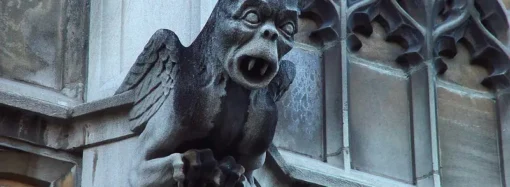The days of the library being only for bookworms are long gone.
Libraries are branching out (pun intended). And, according to a new piece for The Atlantic, their efforts are making them into community hubs: “There are three areas where libraries function as vibrant centers of America’s towns: technology, education, and community.”
The Center for the Future of Libraries has a clear goal in mind: libraries of the future will be places “where people can not only consume knowledge, but create new knowledge.” To achieve this goal, libraries are offering “makerspaces,” which provide technological tools (such as 3-D printers) to promote collaborative work.
Libraries across the country are also educating people in new ways, from targeting new moms with free books and a library card application to offering free classes:
“In Charleston, West Virginia, despite recent funding losses that severely cut library staff, librarians still provide materials to teachers all across the 900-square-mile county. In Columbus, Mississippi, the library gives high-school students access to Civil War–era archives—slave sale records, court cases, and secrets of the community—making real the racial history of their state. In Redlands, California, the program attracting the most volunteers is one-on-one literacy tutorials for adults. And many adults use public libraries as their access point to postsecondary online courses.”
But, the greatest array of new services libraries now offer vary based on a particular community’s needs and desires:
“The library in West Hartford, Connecticut, offers conversational-English classes for immigrants. The library in Seattle provides citizenship classes. The library in Duluth, Minnesota, has a seed-lending program for local gardeners. The library in Washington, D.C., offers tango dancing on Saturday afternoons.”
For any who are outraged by the change, it’s actually a change back. As it turns out, “around the start of the 20th century, the earliest Carnegie libraries included bowling alleys, music halls, billiard tables, swimming pools, and gymnasiums.”
Anything that gets people into a library is a good thing in my book.
Image: Andrew Moore/Rivard Report
















Leave a Comment
Your email address will not be published. Required fields are marked with *